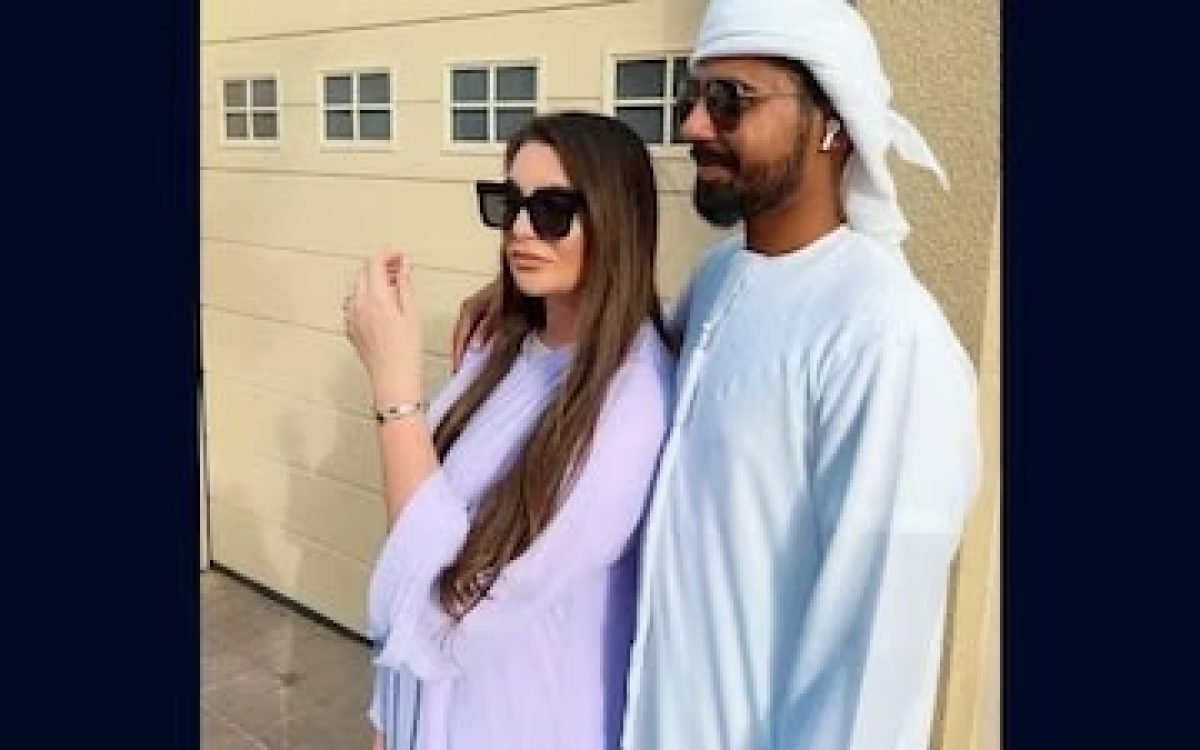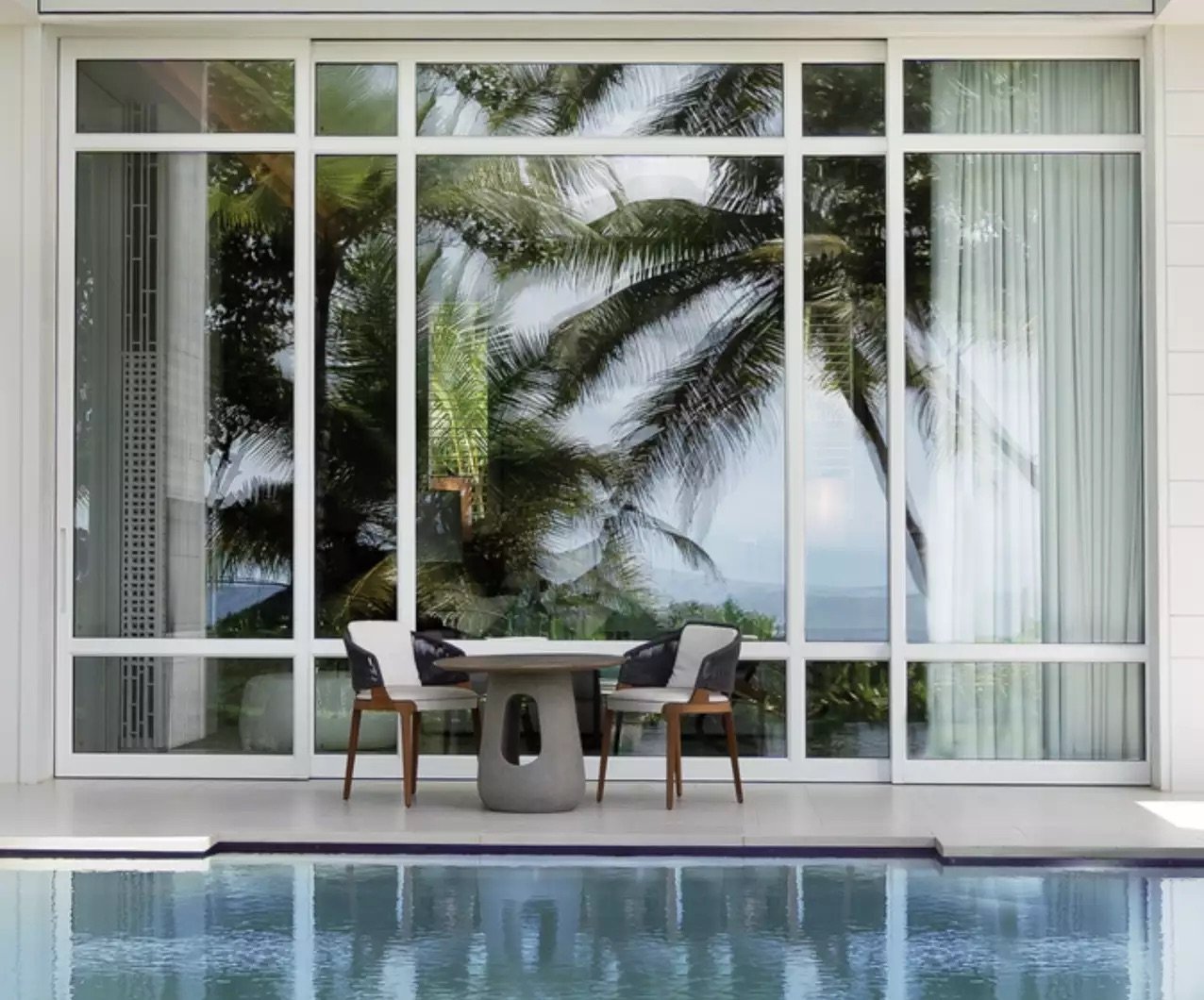In a world where social media often blurs the lines between aspiration and reality, Dubai influencer Soudi Al Nadak has ignited a firestorm of debate with her recent claim about her millionaire husband purchasing a $50 million private island for her. In an Instagram post that has gone viral, Al Nadak shared a video of herself on this undisclosed tropical paradise, captioning it, “POV: You wanted to wear a bikini, so your millionaire husband bought you an island.” The extravagant gesture has drawn both admiration and criticism, reflecting the complexities of wealth and the social dynamics of influencer culture.
The video showcases the couple’s journey to the island via a chartered jet, emphasizing the luxuriousness of their lifestyle. Surrounded by towering palm trees and a serene lagoon, the island retreat is a picturesque setting for what Al Nadak describes as “his best investment yet.” The post quickly gained traction, amassing over 2.5 million views, and offered a glimpse into a lifestyle many can only dream of. For her followers, the video epitomizes the allure of luxury and the extravagant ways in which some choose to celebrate love and wealth.
However, the ostentatious nature of her post has not gone unnoticed. Many social media users have criticized Al Nadak for flaunting her wealth in such a lavish manner, questioning the necessity of such an extravagant gift. One commenter pointedly asked, “Why not just go to a beach or a pool?” while another suggested that instead of spending millions on an island, she should consider donating to those in need. This backlash underscores a growing frustration with influencers who showcase their wealth without considering the societal implications of their displays.
The commentary took on a more sarcastic tone with observers remarking on the sustainability of such extravagant spending. One user quipped, “With such a woman, he’s not going to be a billionaire for long,” reflecting concerns about financial priorities in a relationship marked by such ostentation. Others cautioned the influencer to “save your money and invest it,” indicating a broader societal expectation that wealth should be used responsibly rather than flamboyantly displayed.
Soudi Al Nadak is no stranger to the spotlight. Having moved to Dubai at the age of six, she met her husband, Jamal Al Nadak, during their university years, and the couple has been married for three years. Their relationship follows a unique set of rules, including avoiding friendships with the opposite sex, sharing passwords, and maintaining open location tracking for each other. This adherence to strict guidelines raises questions about the nature of their relationship and whether such measures are rooted in trust or control.
Despite the heavy criticism, Al Nadak appears unfazed by the negative feedback. She frequently shares glimpses of her opulent lifestyle, showcasing extravagant shopping sprees, luxury vehicles, and first-class travel experiences across the globe. This unabashed display of wealth has become a hallmark of her online persona, attracting both followers who admire her lifestyle and detractors who view her as emblematic of a culture obsessed with materialism.
The polarizing reaction to Al Nadak’s post is reflective of a larger conversation about wealth, privilege, and the responsibilities that come with it. As influencers continue to shape public perception of success and lifestyle, their choices often elicit strong reactions from both supporters and critics. The discussion surrounding Al Nadak’s island gift serves as a microcosm of society’s ongoing struggle to reconcile admiration for success with concerns about inequality and social responsibility.
Ultimately, the controversy surrounding Soudi Al Nadak highlights the fine line influencers walk in the digital age. While their platforms offer opportunities for inspiration and aspiration, they also invite scrutiny and debate about the implications of wealth in an increasingly divided world. As social media continues to evolve, the dialogue around influencers like Al Nadak will likely persist, raising important questions about authenticity, responsibility, and the impact of displaying one’s wealth in an interconnected society.









